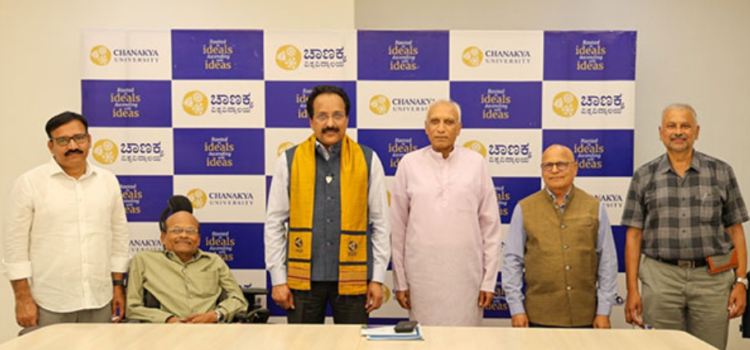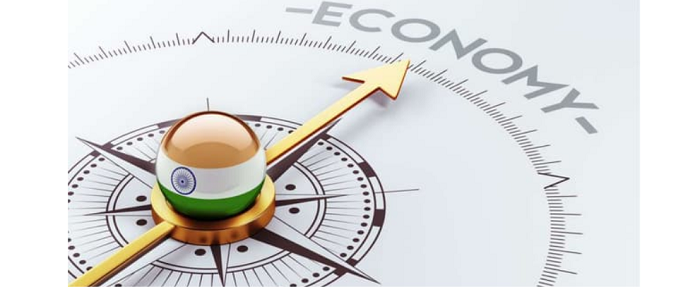
Bengaluru (Karnataka) [India], June 12: Chanakya University marked a momentous occasion today as Dr. S. Somanath, Eminent Scientist and Former Chairman of the Indian Space Research Organisation (ISRO), officially assumed office as the Chancellor of Chanakya University on 12th June 2025. In his inaugural address, he laid out a bold and inspiring vision for the University’s future, urging the academic community to go beyond conventional benchmarks and focus on shaping the character and competence of every student. He envisioned Chanakya University as a modern-day Nalanda or Takshashila–rooted in India’s civilizational values and responsive to future challenges.
Highlighting a critical structural gap, Dr. Somanath called attention to the disconnect between academia and industry. He emphasized that academic research must feed into the nation’s economic growth and encouraged Chanakya University to take the lead in pioneering high-impact, industry-relevant innovation.
He also spoke about the need to cultivate an ecosystem that naturally attracts top talent from around the world–a space where growth, innovation, and collaboration thrive, and where students aspire to be part of a larger mission.
The event was graced by Founder Chancellor Prof. M. K. Sridhar, Pro-Chancellor Sri M. P. Kumar, Vice-Chancellor Prof. Yashavantha Dongre, Pro-Vice Chancellor Prof. H. S. Subramanya, Chief Operating Officer Sri Nagaraj Reddy, Registrar, Deans, Department Heads, Faculty, Staff, and Students–marking a transformative new chapter in the University’s journey.
The university also announced the reconstitution of its Board of Governors in accordance with the Chanakya University Act. Dr. Somanath will chair the newly formed Board, which includes a distinguished panel of leaders from academia and industry:
- Prof. M.K. Sridhar, Padma Shri Awardee and President, Centre for Educational and Social Studies, Bengaluru.
- Sri M.P. Kumar, Pro Chancellor, Chanakya University, Ex-Officio.
- Prof. Yashavantha Dongre, Vice Chancellor, Chanakya University.
- Sri Kris Gopalakrishnan, Chairman, Axilor Ventures; Co-founder, Infosys.
- Sri T.V. Mohandas Pai, Chairman, Aarin Capital Partners.
- Dr. Shamika Ravi, Member, Prime Minister’s Economic Advisory Council (UGC nominee).
- Prof. B. Mahadevan, Former Professor, IIM Bangalore.
- Prof. Nandini N., Former Professor, Bangalore University.
- Sri Nagaraj Reddy, Secretary, Centre for Educational and Social Studies.
- Principal Secretary, Department of Higher Education, Government of Karnataka (Ex-Officio Member).
- Prof. H.S. Subramanya, Pro Vice Chancellor, Chanakya University.
- Prof. Sushanth T Joshi, Registrar, Chanakya University.
This dynamic leadership team signals a bold new chapter for Chanakya University as it aspires to become a global hub of learning, innovation, and societal transformation–anchored in India’s timeless civilisational values.













